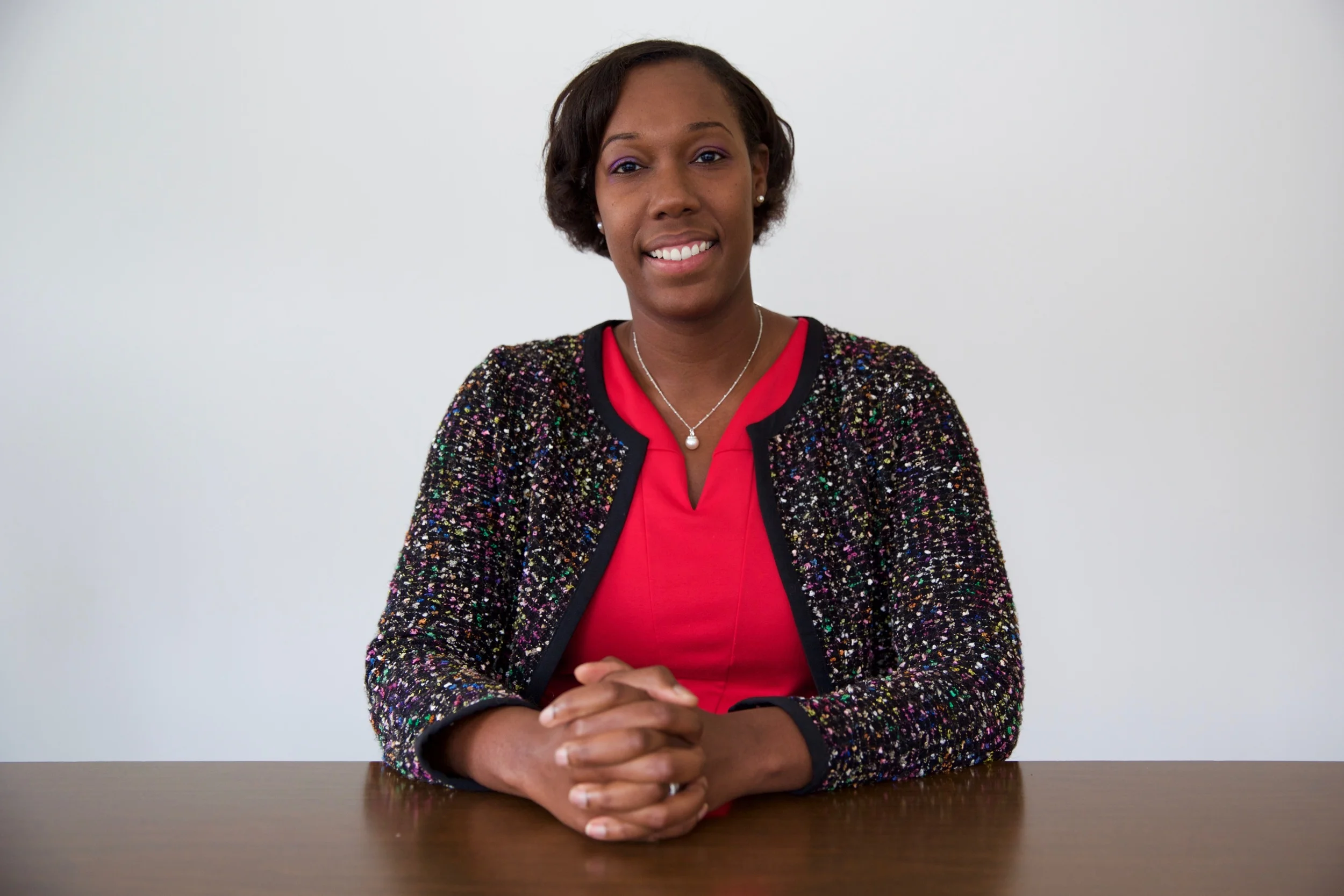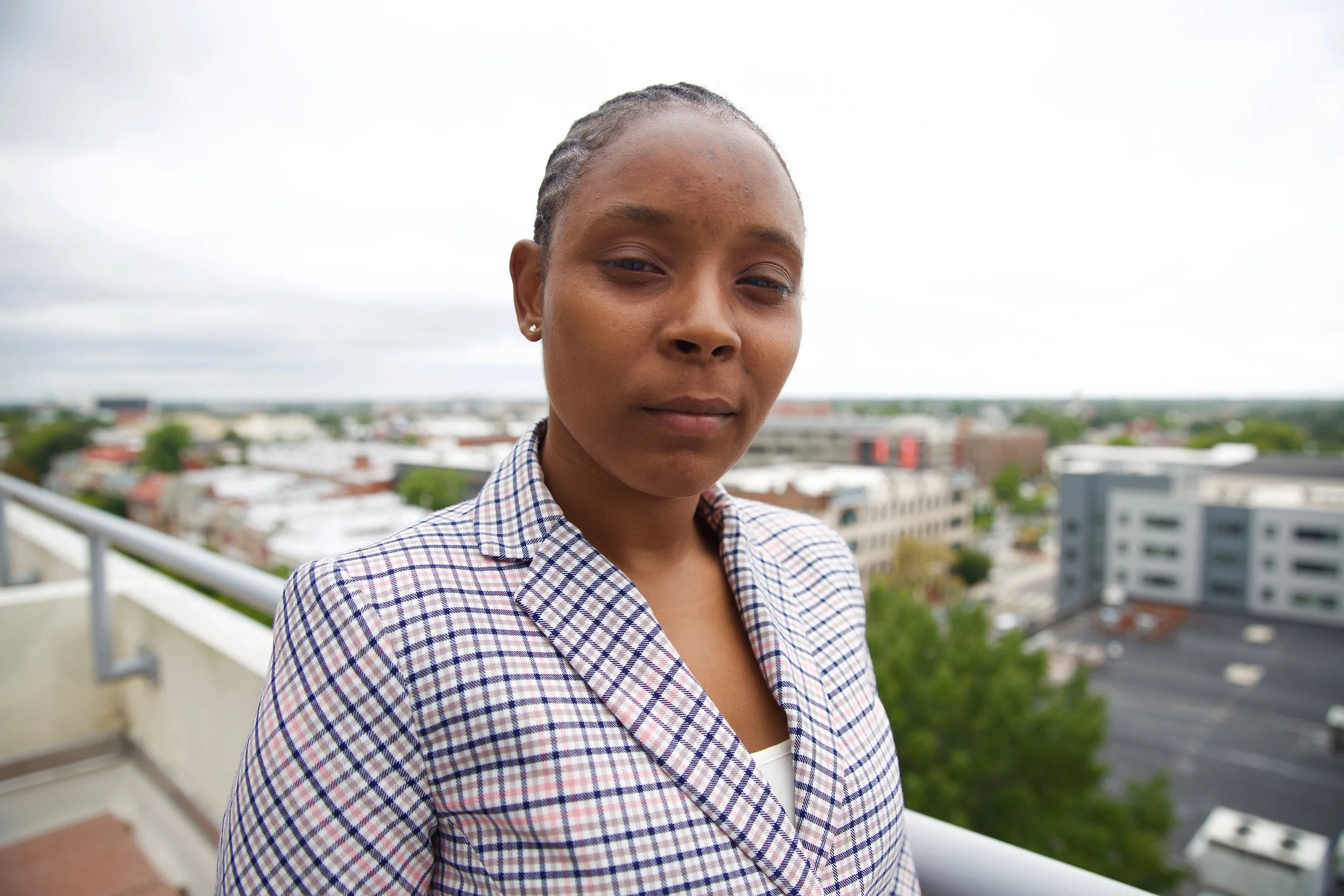Richmond Justice
STORIES + PORTRAITS
Kelly | July 8, 2016
Kelly Chopus is Executive Director of the Robins Foundation. A family foundation, Robins has funded nonprofits, universities, and community projects since 1957. In 2015, the Foundation awarded ART 180 and its partners with the $500,000 Lora M. & E. Claiborne Robins, Sr. Community Innovation Grant (CIG) to work to disrupt the school-to-prison pipeline. The 2016 CIG application process opens August 1st.
No one in a hundred years would have thought that the Robins Foundation would fund a project focused on the school-to-prison pipeline. It was very outside the box. We’re all still scratching our heads about it; but the Board made a very bold statement, and it’s so necessary.
It all started with a fluke. We opened wide the call for applications. We asked, what is going to be the most transformational proposal in the city? What we received included four proposals with a social justice theme focused on improving the lives of youth facing severe and unnecessary punishments.
Each applicant gave a series of presentations. By the end, the process was very emotional—and none of us was prepared for that. From ART 180, we learned what some kids go through when it comes to disciplinary action at school, and the Board couldn’t believe it. It starts with a single detention, or one little trip to the principal’s office for non-violent misconduct, and then becomes a pattern. The Board had no idea what was going on in their own town. No idea.
“Unless we change the character and process of discipline in our schools, then far too few Richmond children will be educated equally or equitably.”
I moved to Richmond in 2013. I’ve never been in a city like Richmond or a state like Virginia, which is sadly the number one state for incarcerating its kids. Richmond is the number one city within that state—a tragic distinction. Everywhere else I’ve lived, this wasn’t a big problem. The inherent structural racism that is part of the fabric of our lives in Richmond was new to me. It’s much more overt here. The school systems are much more screwed up and the opportunities are much more limited. We can’t continue thinking we’re going to be a welcoming place for outsiders or a good place for workforce development if 40% of children in this town continue living in poverty.
It’s important for the Robins Foundation to be the flag bearers for some of these issues, to talk about them, to bring people together to have discussion, and to start funding things. We can be innovative. We can fund things quickly. The Community Innovation Grant is a way of dropping a big rock in a small pond and seeing how that shakes things up. As funders, we’re realizing that if we can’t change things at the systemic level—in this case, if we can’t change laws and practices of criminal justice here—then nothing significant will change. And unless we change the character and process of discipline in our schools, then far too few Richmond children will be educated equally or equitably.
If we look at the future of philanthropy nationwide, I think we’ll see more place-based and evidence-based giving. There won’t be willy-nilly giving anymore. We must fund initiatives that respond to what neighbors have identified as priorities, or else it's wasted money. Our priorities may change year-to-year based on the needs voiced by the community. In 2015, we identified the school-to-prison pipeline as a priority because it's a systematic problem with a clear root cause. And that root cause is not poverty; it’s injustice. It’s inequity.
— interviewed April 26, 2016








